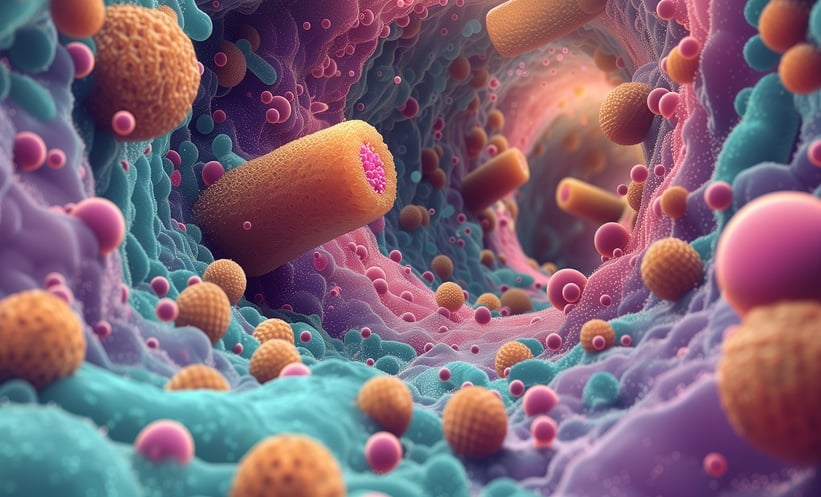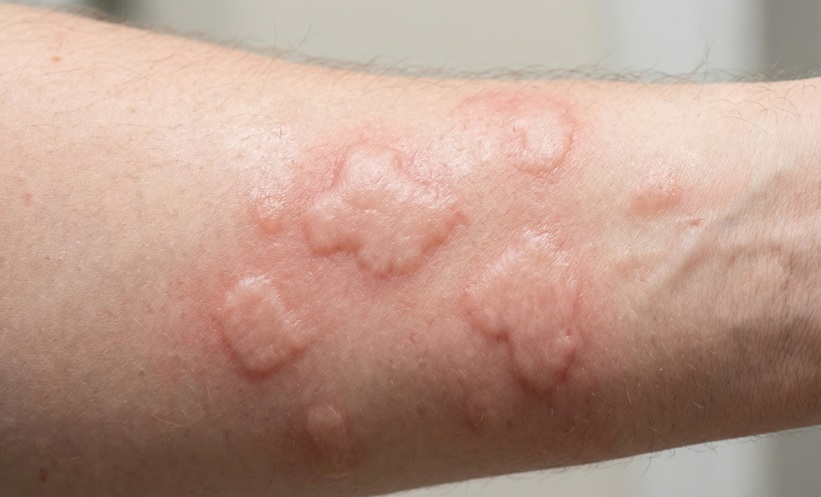PEANUT allergy, triggered by allergenic Ara h proteins, is the leading cause of food-induced anaphylaxis. Until the approval of the oral immunotherapy drug Palforzia™ in 2020, strict avoidance was the primary approach to managing peanut allergy (PA).
Peanut oral immunotherapy (POIT), which involves gradually increasing exposure to peanut protein, has shown promise, successfully desensitising 50–70% of patients and inducing long-term remission in 20–30%. However, predicting which patients will achieve remission remains a key challenge.
The IMPACT trial was the first major clinical trial to assess POIT in children aged 12–48 months. While 84% of participants became desensitised, only 29% maintained remission after stopping treatment. This study has now provided compelling evidence that the gut microbiome may play a critical role in determining POIT outcomes.
Researchers found that before treatment even began, children who later failed to achieve remission had distinct gut microbiome features. These included increased microbial protein degradation capacity and reduced levels of amino acid and bile acid metabolites, suggesting a metabolism unfavourable to immune tolerance. In contrast, children who achieved remission had a unique bile acid profile and a higher abundance of Ruminococcus gnavus, a gut bacterium linked to immunoregulatory bile acid production.
Interestingly, children who responded well to treatment had lower gut microbiota diversity, opposing earlier findings which linked reduced diversity in infancy with allergy development. However, in older children, increased diversity appeared to reflect enhanced microbial utilisation of immunomodulatory compounds, potentially depleting key metabolites needed for tolerance.
The findings suggest that specific microbial signatures, particularly bile acid-related pathways, may serve as biomarkers to predict treatment success. Furthermore, targeting the gut microbiome or protecting peanut proteins from microbial metabolism could boost POIT effectiveness.
This research opens new avenues for improving allergy treatments and highlights the gut microbiome’s potential as both a prognostic tool and a therapeutic target in food allergy immunotherapy.
Reference
Özçam M et al. Gut microbial bile and amino acid metabolism associate with peanut oral immunotherapy failure. Nat Commun. 2025;16(1):6330.





